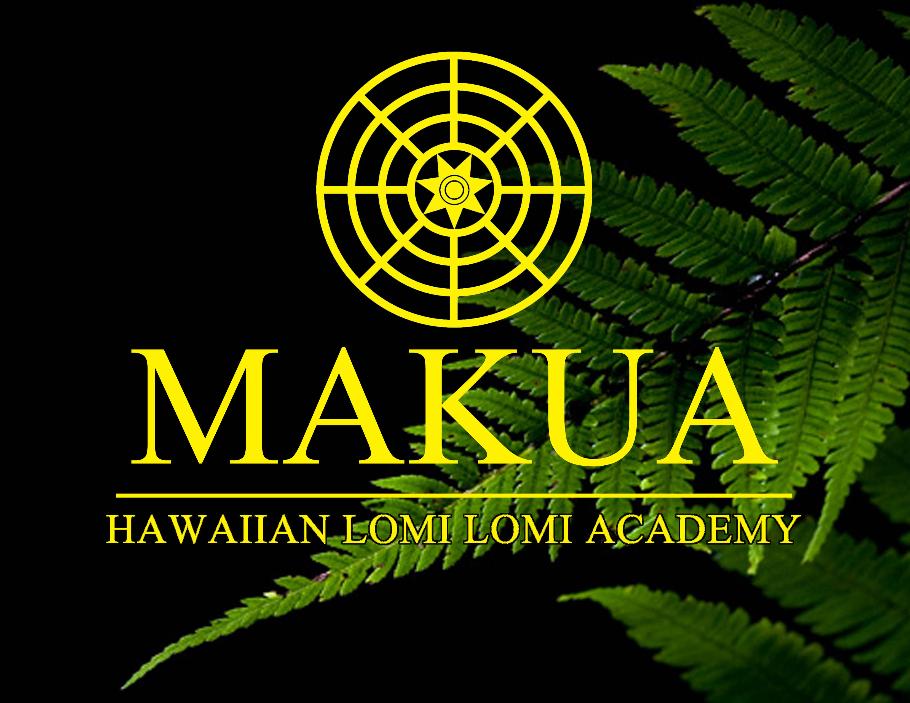Course Modules
Translate This Page

Licensure and Certification
What is the Difference?
Governmental licensing is often confused with private credentialing, generally referred to as certification, because the meanings of the terms are frequently interchanged. Although some jurisdictions use the term certification as signifying governmental authority to practice a profession, the difference between licensure and certification is essentially the difference between governmental regulation and self-regulation of a profession.
Licensure
Licensure is the process by which a federal, state or local governmental agency grants an individual permission to practice in a particular occupation or profession that is subject to regulation under the government’s authority and to refer to oneself as “licensed” or authorized to practice. The authority of a state to enact law regulating a particular profession is derived from the United States Constitution and conferred on state and local governments.
Using this authority, states adopt “practice acts” which create and empower a board to regulate the profession in the interest of public protection. Within the practice, acts are mandates for practitioners to become licensed, usually based upon requirements such as education, examination, experience and moral character.
These requirements, which vary among jurisdictions, establish one’s minimum competence to safely and effectively practice the regulated profession.
The practice act also establishes the powers of the board, the scope of practice, and the legal requirement to uphold certain professional and ethical standards. Obtaining a license in order to practice a profession is mandatory, and state laws may provide for criminal or administrative penalties for unlicensed practice. Penalties for violating licensure laws vary from state to state. Periodic licensure renewal is also mandatory and usually premised upon substantiating required continuing education or professional development.
Certification
Certification is the process by which private organizations recognize individuals for meeting certain criteria established by the private organization in which individuals are recognized for advanced knowledge and skills. It is a form of self-regulation, which is voluntary in that it is not required of individuals prior to practice and is without governmental oversight. Practitioners seek certification usually as a form of self-promotion and in an attempt to distinguish one practitioner from another. There is no requirement to be certified and no governmental penalties for failure to achieve or loss of certification recognition.
From the consumer perspective, certification is a fact from which a consumer may or may not draw an inference of the quality of a practitioner’s work in a given profession.
The only potential direct method of public protection is through enforcement by the private organization that confers the certification.
Like licensure, certification is usually granted for a limited period of time and must be renewed based upon criteria set by the private entity.
Certification does not provide a legal mechanism to practice an otherwise governmentally regulated profession, but does provide certificate holders to accurately promote the fact that they are certified by the private entity.